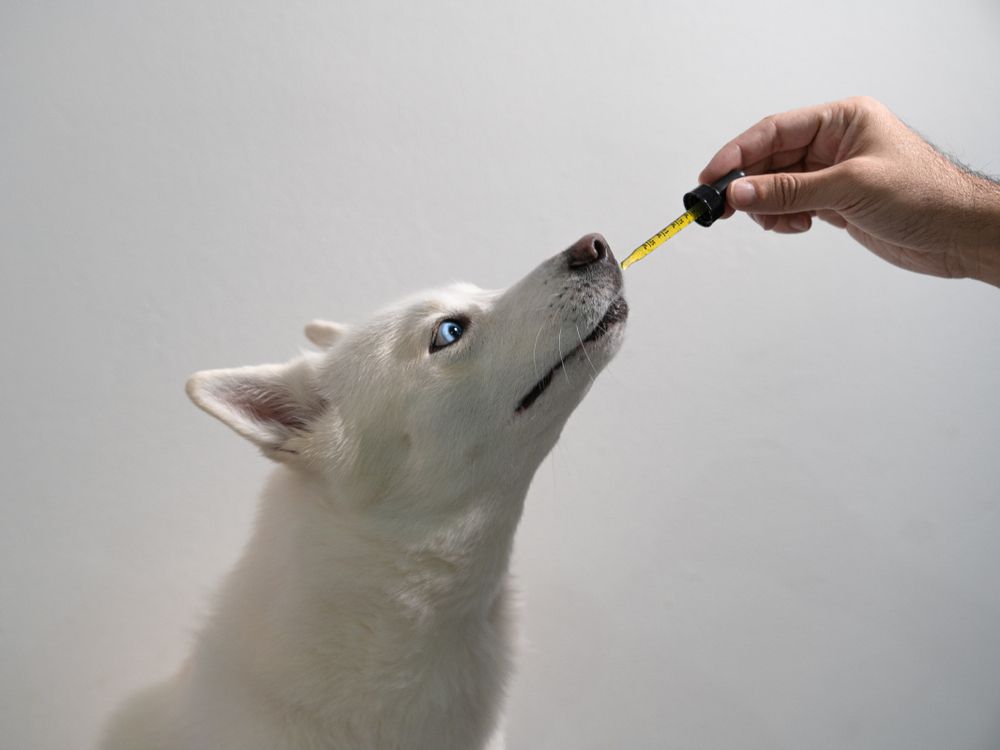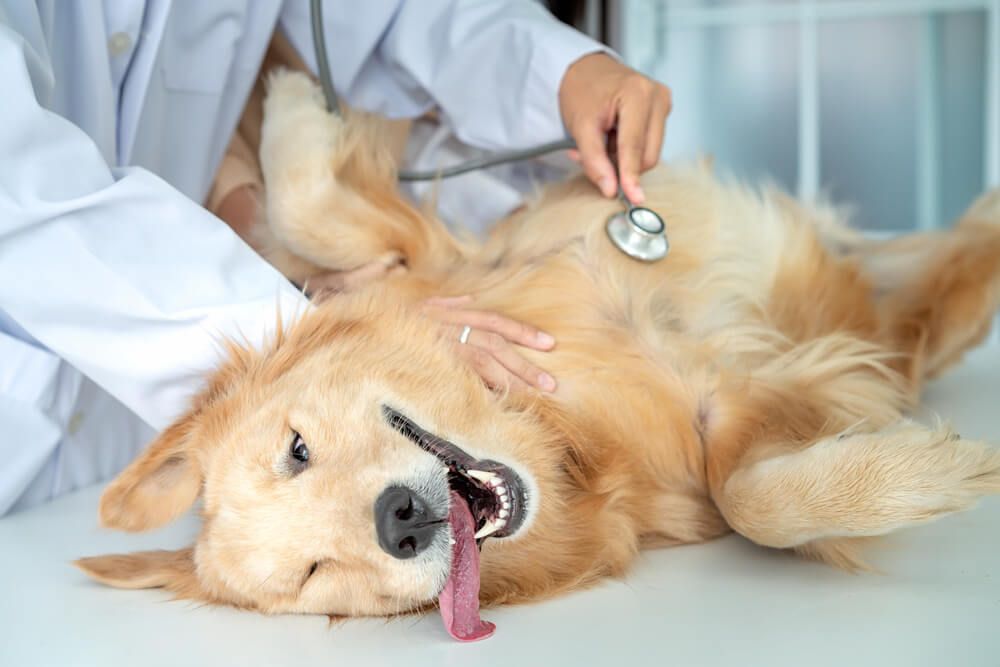Hey Ollie blog readers! We’re offering you an exclusive 60% OFF your starter box! Try now!
Heart disease is almost as common in dogs as in humans. While it is unlikely that your dog is smoking or living on just fatty cuts of steak, there are many other things that contribute to heart disease in our pups. These include obesity, poort diet, and even heartworms.
If your pup is showing signs of heart disease you will probably start by working with your vet to get their diet and exercise right. Even if your pup doesn’t need medication, you might be wondering about supplements to help with their cardiovascular function.
Dr. Gordon Peddle of Crown Veterinary Specialists & Associates says, “A wide variety of over-the-counter supplements are readily available on the internet and in the nutritional aisles of our pharmacies, nutritional stores, and grocery stores. Furthermore, a seemingly unlimited amount of often incomplete or conflicting information can be found on the internet about these products, which can make it difficult to decide what to give (or not give) to our pets.”
We looked at some of the most common supplement ingredients for heart health and why they’re good for dogs. If you are overwhelmed by the information you’ve found online or have additional questions, your dog’s vet will be the best resource for you. He or she will be able to make targeted recommendations based on your pet’s breed, age, and medical history.

Best supplements for your dog’s heart health
Omega-3 fatty acids
Omega-3 fatty acids are great for your pup for many reasons. They have shown to help with everything from inflammation and arthritis to heart disease. Vet Know How says they are beneficial because, “Firstly, they reduce inflammatory proteins called cytokines but a diet supplemented with omega 3 fatty acids has also been shown to improve appetite and reduce muscle loss in dogs with heart failure. Further studies have shown that Omega 3 fatty acids appear to supress abnormal heart rhythms (antiarrhythmic effect).” They go on to say that “The best sources of omega 3 fatty acids are fish oil, marine algae and shellfish such as green lipped mussel. Salmon oil is usually the preferred source of fatty acids than cod liver oil due to the high levels of vitamins A and D in cod liver oil.”
Taurine
If this amino acid sounds familiar, it may be because a taurine deficiency is believed to be a factor in dilated cardiomyopathy in dogs. The FDA has been investigating a link between grain-free diets and DCM in dogs. One theory is that grain-free diets are low in taurine and dogs who eat them can suffer from a deficiency. Taurine is found in protein like chicken and beef, especially organ meats. There are currently no stated requirements for supplementing dog food with taurine. The extent to which dogs may require dietary taurine is still under investigation and may be breed dependent.
Vitamin D
Like in humans, vitamin D deficiency can cause heart problems including congestive heart failure. Because heart disease leading up to congestive heart failure is a common cause of dog deaths, ensuring your dog is getting adequate vitamin D is very important. If your dog has a vitamin D deficiency, talk to your vet about supplementing vitamin D.
Magnesium and Potassium
Magnesium and Potassium are important minerals for a dog with chronic heart failure. A deficiency of either mineral could increase the severity of the potential side effects of cardiac medications and may cause other problems such as muscle weakness and cardiac arrhythmias. Magnesium levels should be monitored in a dog with cardiac disease and if they become deficient magnesium supplements may be recommended by your dog’s vet or cardiologist.

Do I have to give my dog supplements for their heart?
The answer really depends on your pup’s needs. The Association of American Feed Contorol Officials reminds pet parents that “Generally speaking, healthy dogs and cats that are fed a complete and balanced diet appropriate for their life stage do not (need supplements ).”
At Ollie, we work hard every day to produce delicious and nutritionally complete food for your pup. We use ingredients like beef liver and fish oil to ensure your pup is getting what they need from their food. Our Lamb Recipe does contain additional taurine to ensure your pup is getting what they need since lamb is a protein that is naturally lower in protein.
If you have concerns about your pet’s heart health chat with your vet. They may refer you to a cardiac specialist for additional consultation if they suspect a heart murmur, cardiovascular disease, or other condition that may need medical intervention.
The Ollie blog is devoted to helping pet parents lead healthier lives with their pups. If you want to learn more about our fresh, human-grade food, check out MyOllie.com.
Tagged As:

The nutrition your dog needs,
the food they want.

Enjoying our articles? Subscribe our Newsletters and get new articles directly to your inbox
You might also like
29 October 2025
5 MINS READ
Ingredients to Avoid: Quick Allergy‑Safe Dog Food Checklist
Watching your dog struggle with uncomfortable itching and digestive upset can be frustrating and distressing. While many factors can cause these issues, food allergies are a common culprit. An adv…
by Ollie Pets
9 October 2025
4 MINS READ
How Fresh Food Can Help Soothe Your Dog’s Allergies
As a pup parent, watching your dog suffer from the constant discomfort of allergies is always distressing. The endless scratching, irritated skin, and digestive upset can take a toll on your pup�…
by Ollie Pets
18 September 2025
4 MINS READ
Is Fresh Dog Food Easier to Digest?
Yes, fresh dog food is generally easier for dogs to digest than highly processed kibble. Because it’s made with whole ingredients, gently cooked, and free from unnecessary fillers, fresh food supp…
by Ollie Pets







